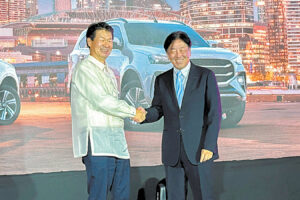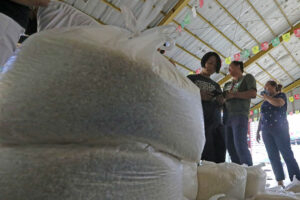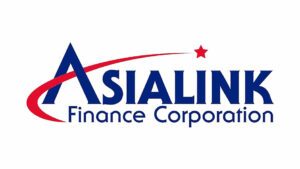Isuzu PHL aims for further growth with added value, services

By Joyce Reyes-Aguila
VETERAN ISUZU GROUP executive Mikio Tsukui recently took over the presidency of Isuzu Philippines Corp. (IPC) from Tetsuya Fujita.
This was formalized in a turnover ceremony in Pasay City, attended by members of the media and content creators. In a release, IPC said that the change is a “significant milestone in the company’s leadership transition.” Mr. Tsukui has led the brand’s offices in Europe and China, and managed operations for Isuzu in various key global markets, such as the ASEAN (Association of Southeast Asian Nations) region.
Aside from upholding the brand’s legacy of “trust, reliability, and performance,” Mr. Tsukui is putting a premium on customer responsiveness and satisfaction. “The most important (imperative) when you sell a product is to always satisfy your customers, take care of customers,” he said. “My job is to have more Isuzu fans in the market and (have) more customers prefer our products. As long as we take action (to achieve these), we will maintain (our number one position) for years to come.”
He added, “We want to make more opportunities for customers to touch and feel the products. This is quite important for us because customers have a lot of choices. There are a lot of car brands; there are a lot of competitors. We aim to offer not just durability but a more refined driving experience that resonates with today’s customers. To achieve this, we plan to continue to expand our network and customer touchpoints, ensuring that the Isuzu brand is more accessible and more responsive, and more connected to their needs.”
Mr. Tsukui underscored the importance of staying competitive, especially amid the continued influx of Chinese automotive brands in the country. “We are not familiar with the (Chinese companies). When you say (the names of brands like) Toyota, Honda, you know about the companies. We are not sure how (Chinese brands) will compete in the market. We are still not sure how they work, what is (their) mindset, what is (their) strategy. So far, we only know that they come with very aggressive pricing and very short delivery time. At this moment that is a threat. But (whether) that business (model is) sustainable or not is another issue. But we are not trying to fight them with pricing. We are trying to fight with added value and service.”
The new IPC president does not expect the tariffs imposed by the United States to impact Isuzu’s operations in the country. “We bring in the parts from Japan, Indonesia and Thailand, and build the trucks here in the Philippines to provide products to the Filipino people. I think (the tariffs) do not have a direct connection (to our business),” he explained.
According to the executive, the Philippines is “one of the very important markets” for Isuzu as it “has a lot of potential to grow.” Mr. Tsukui’s priorities include sustaining the brand’s position as the leading truck brand in the Philippines, introducing more aggressive offerings in the light commercial vehicle (LCV) segment and continuously expanding IPC’s dealership network across the country.
“Beyond maintaining our leadership in commercial vehicles, we are also committed to steering IPC toward a more innovative and progressive future. This includes strengthening our presence in the light commercial segment where we’ll see great potential growth for vehicles like the Isuzu mu-X and D-Max,” he said. The executive maintained that while no electrified vehicles are scheduled to be released in the country this year, IPC is “prepared to take action” if there is market demand.
Outgoing president Mr. Fujita has started a new role in Isuzu Motors Limited in Japan. Under his leadership, IPC promoted sustainable transportation via its “Road to Progress” campaign, accelerated the expansion and modernization of Isuzu dealerships, and introduced lifestyle activities like overlanding trips for off-road and outdoor enthusiasts.




